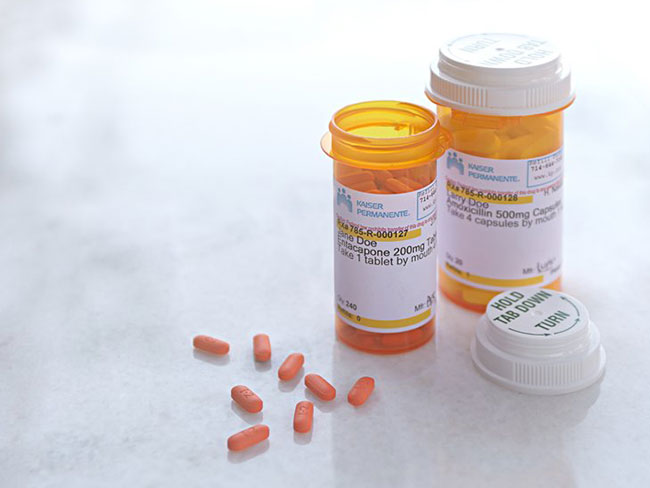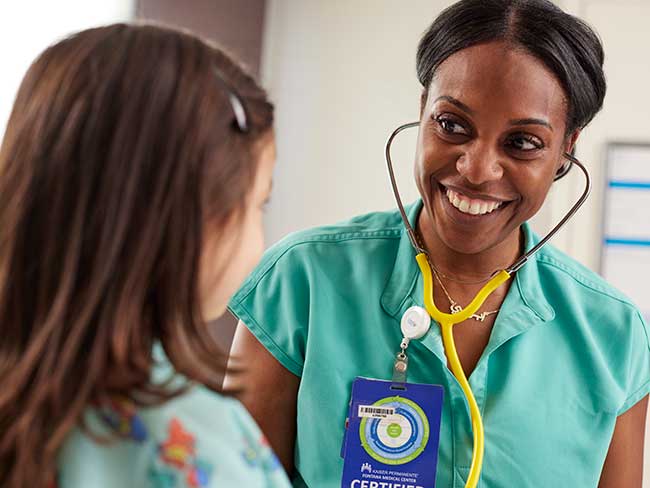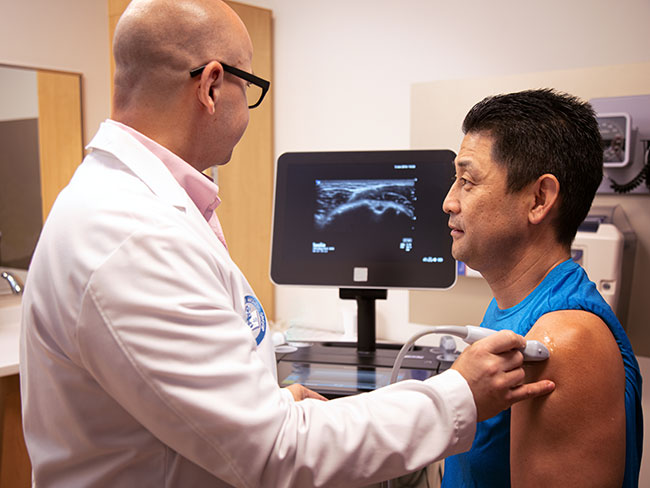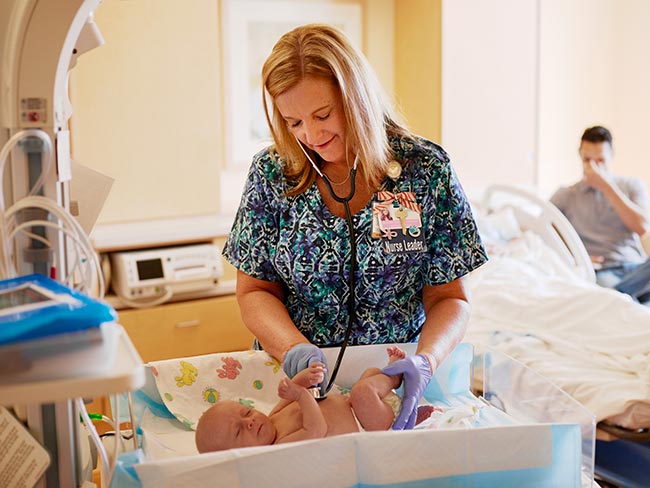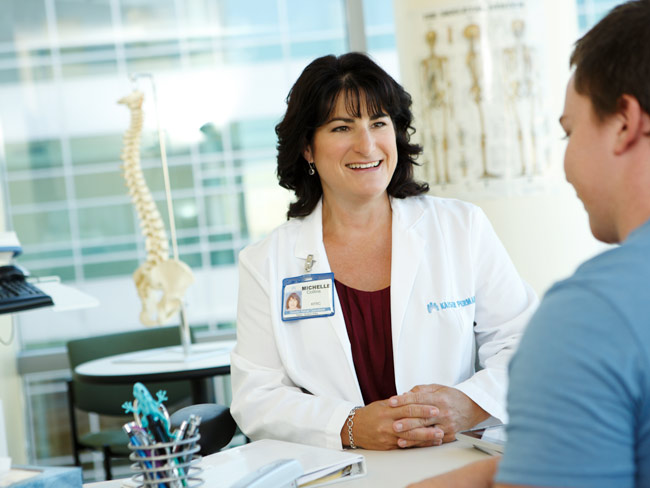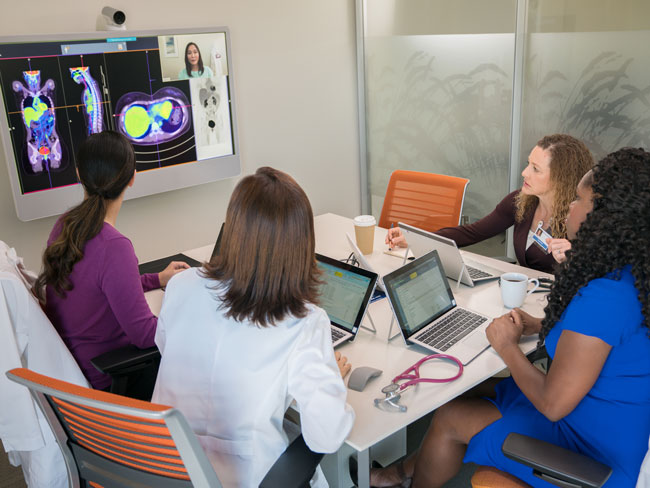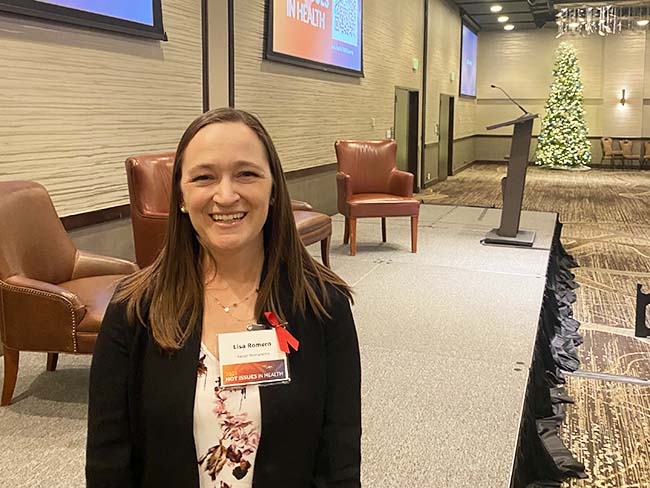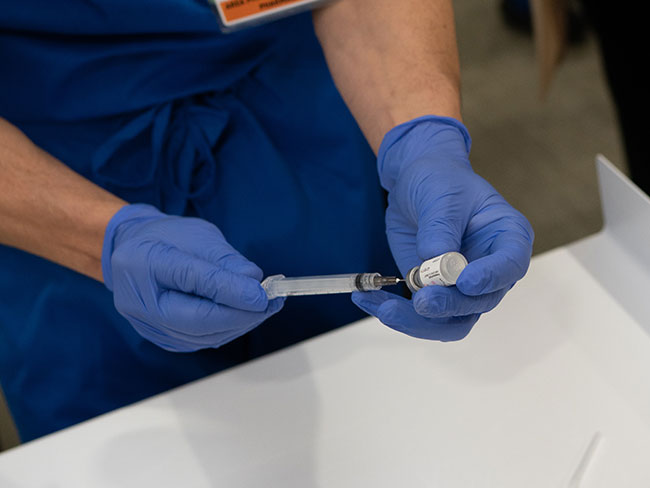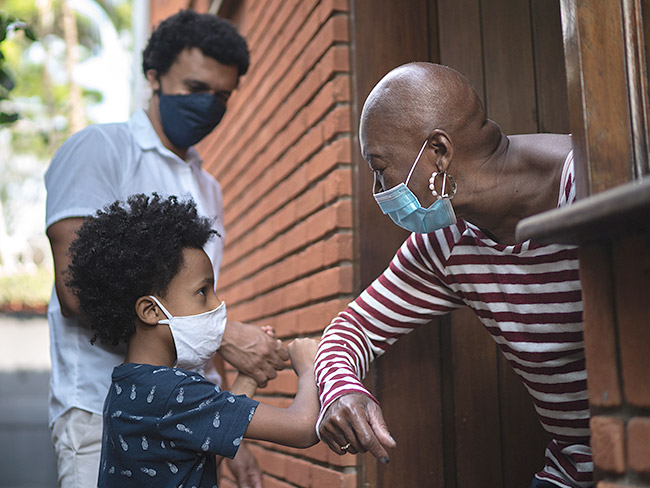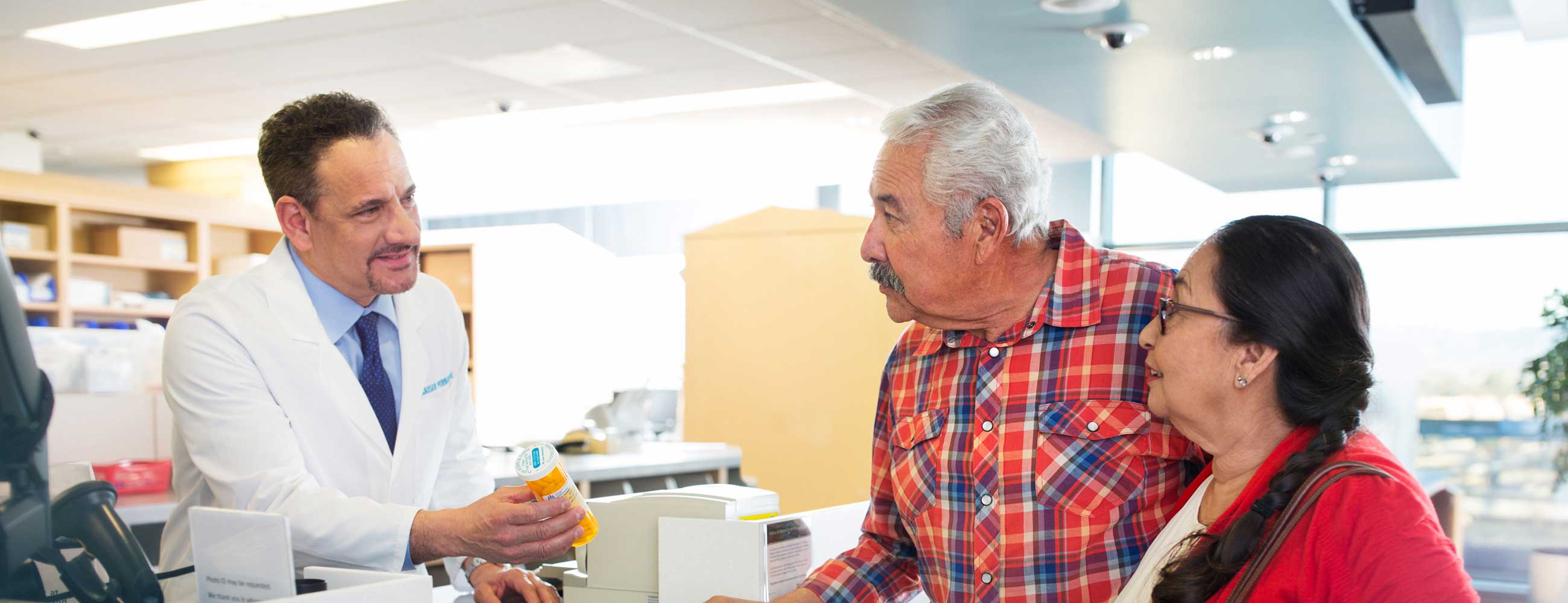Our nation’s health depends on well-funded research
Advanced medical science improves patient outcomes. We urge lawmakers to continue providing full support for research funding and the agencies that lead research.
At Kaiser Permanente, we operate 9 research centers across the country. Our researchers focus on better understanding health risks and improving treatments for all.
In health care, research is critical. Clinicians — including at Kaiser Permanente — can use it to find better ways to prevent, diagnose, treat, and manage diseases. But at Kaiser Permanente we also look at the big picture and use research findings to improve care for our entire population of patients. Research not only informs how we care for each individual patient, it also guides how we structure our systems to improve care delivery.
Health research also is an essential tool for policymakers. Public leaders rely on it to make informed decisions on public health policies.
But research depends on support from policymakers. They must ensure sufficient funding for health research — and the agencies that foster health research and put findings into action.
Research leads to better policies
Health research supports good policies in many ways. At Kaiser Permanente, our research has shaped better health outcomes for millions of people and improved health care policies for decades.
In some cases, we’ve worked in close partnership with government organizations to conduct research.
Some examples of Kaiser Permanente research that has informed policy include:
- Our leadership in vaccine research. We tested the effectiveness of the newly developed COVID-19 vaccines for people of different ages and with different medical conditions. We continue to collaborate with the Centers for Disease Control and Prevention to monitor the safety of vaccines. We conduct studies about rare and serious adverse events following vaccination. Our work helps ensure the vaccines are safe for public use and helps build public confidence.
- Our cancer research. We’ve helped set national guidelines for screening and prevention. For example, we’ve published more than 500 research articles on colorectal cancer. These articles have accelerated the adoption of better screening practices.
Our cancer research has also shaped new recommendations from the U.S. Preventive Services Task Force. For example, because of our research showing the effectiveness of early cancer detection, health insurance coverage now includes regular fecal immunochemical tests for colorectal cancer. FIT kits check for hidden blood in the stool, which could be a sign of colon cancer or colon polyps. - Our ;mental health research. We’ve changed how medical experts think about mental health risk factors, treatment, strategies for prevention, and more. For example, our research led to the development of a suicide screening tool that the Joint Commission recommends. (The Joint Commission is an organization that accredits hospitals.) Clinicians use this screening tool to assess suicide risk in their patients.
- Our acute stroke management research. Our research and findings related to stroke care have informed approaches to stroke care across the nation. For example, our telestroke program in Northern California has an on-call neurologist available via telehealth. When a patient with a suspected stroke comes into the emergency room, seconds matter. The care team in the ER can quickly connect online with the on-call neurologist to assess the diagnostic images of the patient’s brain to guide treatment.
- Our research on drug safety. Our electronic health record system allows us to monitor the safety and effectiveness of the drugs we prescribe. The information we gather protects not only our members but every patient. For example, research based on our patient data informed early concerns about the safety of Vioxx, a drug used to treat arthritis. Vioxx was subsequently pulled from the market.
Health research needs funding and support from Congress
The federal government supports almost half of all health research in the United States.
The government awards research funding through federal organizations like the National Institutes of Health and the National Science Foundation. Congress is responsible for ensuring these organizations have enough funding every year. At Kaiser Permanente we tell lawmakers this is an important priority.
Meanwhile, AHRQ (the U.S. Agency for Healthcare Research and Quality) funds research that assesses health care delivery approaches and identifies best practices. AHRQ also develops and promotes tools, frameworks, and other resources that help health care organizations improve care.
As congressional leaders debate federal spending priorities, some legislators have proposed cutting — or even eliminating — funding for AHRQ. At Kaiser Permanente, we believe that AHRQ plays a critical role in safeguarding and improving the nation’s health. As such it needs full support and funding from our lawmakers.
As we look to the future, health research will continue to be critical to good public policies. Research drives innovation in health care. It also ensures that policymakers can make laws and regulations based on the best available evidence.
Continued robust funding will allow all of us to continue reaping the benefits from remarkable advances in health driven by research.






